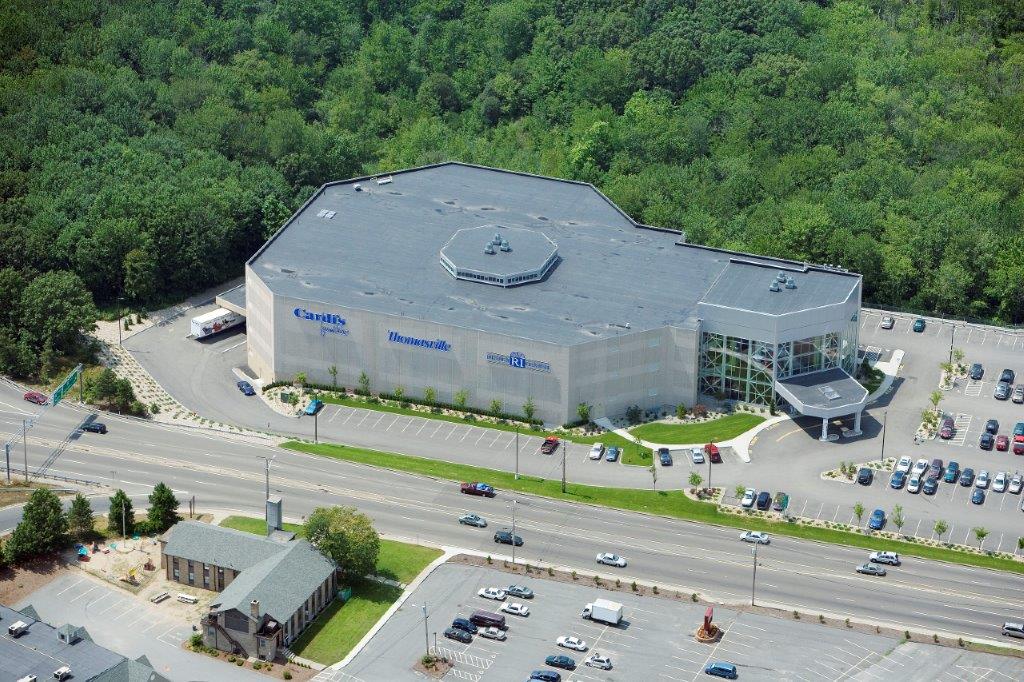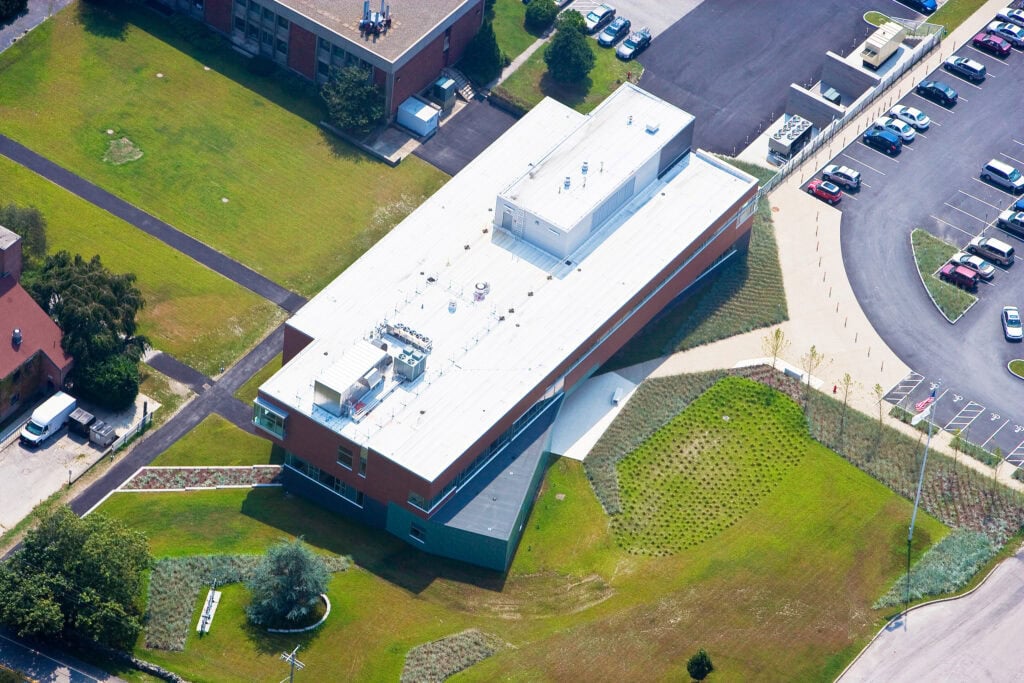Roofing professionals generally agree that a good roof requires proper design, quality materials, and quality application in order to perform successfully. Yet once the roof is installed, nothing is more critical to its long-term performance than establishing a program of regular inspections and proper maintenance.
The National Roofing Contractors Association (NRCA) believes that the best way for a building owner to ensure satisfactory post-installation roof performance is to have a formal, long-term maintenance agreement with a professional roofing contractor.
Repair Request

Extreme weather events can wreak havoc on even the most robust roofing systems, exposing vulnerabilities to hurricanes, powerful windstorms, torrential rain, destructive hail, heavy snowfall, and tornado-force winds.
At Furey Roofing, our specialized service team stands ready to protect and restore your building’s most critical defense against nature’s unpredictable challenges. We provide comprehensive roof maintenance and emergency repair services designed to fortify your property and minimize potential weather-related damage.
- Dedicated Service Crews
- Emergency Leak Service
- Gutter & Downspout Repairs
- Infrared & Thermal Imaging
- Inspection
- Preventative Maintenance
- Snow Removal

The Advantages of a Roofing Maintenance Program
- A maintenance program is proactive rather than reactive. It can help to identify problems at their early stages, while they can be corrected and before they become catastrophes.
- Regular maintenance can reveal and address sources and causes of leaks before they occur. Too many owners have their roofs examined only after a roof leak occurs.
- A maintenance program allows for a planned, organized approach to management of a roof asset – and allows for responsible, timely preparation of long-term capital expenditures.
- Response time to address leakage problems is greatly improved. Warranty repairs, on the other hand, can take time to be processed – while the problem remains unresolved.
